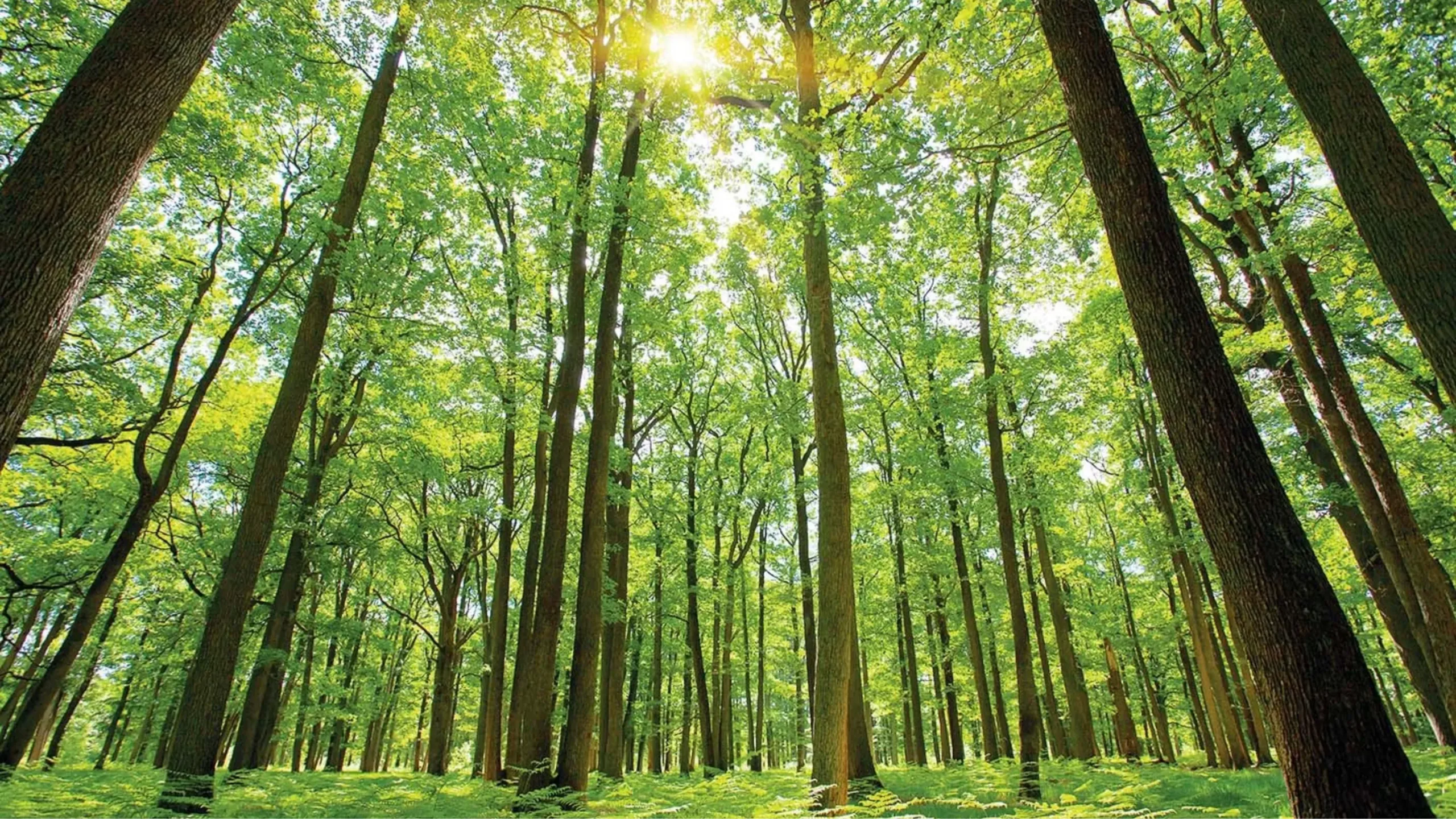
- This event has passed.
Towards 8% Growth: Can Indonesia Balance Productivity and Sustainability?

Indonesia’s President Prabowo Subianto has set an ambitious target of achieving 8% GDP growth. A significant part of this growth is expected to come from intensifying Indonesia’s production of tradeable commodities such as palm oil, cocoa, coffee, and rubber. However, NGOs have raised concerns that this could lead to more forests and peatlands being converted into plantations, resulting in biodiversity loss. Is this the only way forward?
Some experts are advocating for alternative strategies, such as enhancing the productivity of existing agricultural land – especially among smallholder farmers whose yields often lag behind those of corporate plantations. Others are focusing on the potential of the country’s carbon economy. The Prabowo administration has plans to establish a new government agency to oversee carbon trading, signalling a commitment to position Indonesia as a key player in the international carbon credit market.
This talk at the Singapore Institute of International Affairs (SIIA) will explore the current dynamics in Indonesia’s forestry sector and the implications for both the economy and sustainability. The talk will also mark the launch of a special report by the SIIA on the use of tech and finance to strengthen smallholder farmers in ASEAN.
Speakers:
Ms Dewi Sari, Nature-based Solutions Manager, WRI Indonesia
Mr Sebastian Wijaya, Chief Operating Officer, Agridence
Moderator: Ms Cheryl Chen, President, S&P Global Foundation; Senior Director, Social Sustainability, S&P Global; Council Member, SIIA
